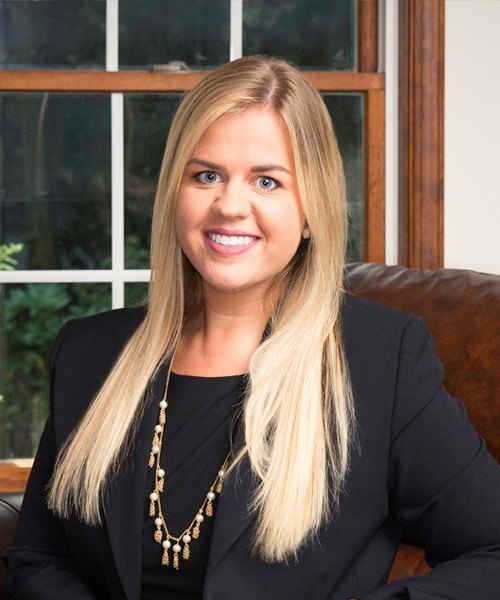A lot of horse people enter into business relationships with nothing more than a handshake and the idea that they intend to “split the profits.” What these people fail to realize; however, is that they have formed a legal entity known as a partnership. As long as things go well, no problem. But when the relationship begins to go south, they are shocked to find out that they may not be able to just walk away from the deal.
Generally, all that is required to form a partnership is the intent of two or more parties to conduct a business venture for profit. Partnerships are typically governed by the “Uniform Partnerships Act.” It is not necessary to have anything in writing. Verbal agreements will suffice. It is also not necessary for the business venture to actually make a profit!
The following situations are common arrangements between horse people that are likely to be partnerships:
• A trainer and a client decide to jointly purchase a horse. The client provides the financial backing and the trainer provides the professional expertise. The intention is to share any winnings and expected to profit when the horse is sold.
• A stallion owner and a broodmare owner agree to breed their horses and raise a foal to split the profits upon sale. The stallion owner provides the breeding at no cost and the mare owner will provide mare care through foaling and eventual sale.
• A number of people decide to syndicate a stallion. Each person is entitled to breed a certain number of their own mares to the stud and any profits from outside breedings will be shared with the owners.
• Two or more horse people decide to buy a “slot” at a major horse show and agree to purchase a horse to fill the slot and share the proceeds and ultimately the profits from the resale of the horse.
Probably the most misunderstood consequence of forming a partnership is liability. A partnership is a separate legal entity and it can be bound by the actions of any of its partners. While the partnership is an entity separate and apart from its partners, any one partner can take action on behalf of the partnership and bind the entire partnership. This is true even if the partner doesn’t have authority to do so. Of course, if a third-party knew that the partner did not have authority to act on behalf of the partnership, then the partnership would not be bound.
It is also important to know that the individual partner’s personal liability is not limited to the financial interest that he has invested in the partnership. In fact, liability could be unlimited. For example, if the trainer/partner of a slot horse decided that he needed to buy an expensive new show saddle to show the horse, his actions, although unauthorized by the partnership, would jointly bind the partnership and the individual partners to the saddle shop. As a partner, you are jointly and severally liable for the obligations of the partnership. If the partnership can’t pay its debts, then you may have to pay.
In addition to liability concerns, the individual partners have legal obligations to the partnership itself. Each partner owes a fiduciary duty to the partnership. They must put the interests of the partnership first and their own interests second. The partnership comes first. The partners cannot individually profit from business opportunities at the expense of the partnership. Likewise, a partner cannot use partnership assets as his own. For example, unless agreed upon otherwise, a partner in a stallion syndicate cannot breed the stallion to his or her own mares without compensating the partnership. Moreover, partnership assets under the control of an individual partner must be preserved and maintained for the benefit of the partnership. For example, a trainer/partner cannot stop taking care of a horse due to a disagreement among the partners. The duty rises above just providing basic needs, but requires the trainer/partner to maintain that horse in the condition it was previously in, which includes training. Finally, you cannot have personal interests that conflict with those of the horse partnership.
In short, a partnership is easily formed, but the risks are great. A partner has potentially unlimited liability for the actions of the partnership as well as the individual partners, even if unauthorized.
Katherine Jarve is a partner at the Marlton, New Jersey law firm of Jarve Granato Starr, LLC. She is licensed in New Jersey and Pennsylvania and maintains a practice in personal injury and civil litigation, including equine related issues. Katherine spent her childhood competing on the national AQHA show circuit. This article is for informational purposes only and is not intended to be legal advice. If you have a specific legal question or problem, consult with an experienced equine law attorney. Questions, comments or suggestions can be e-mailed to kjarve@nj-triallawyers.com.




You must be logged in to post a comment Login